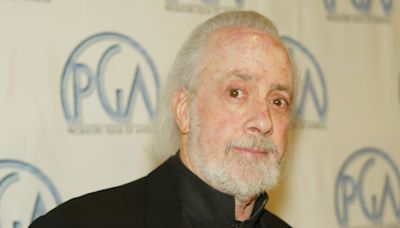Search results
Jul 23, 2009 · David Lewis (1941–2001) was one of the most important philosophers of the 20th Century. He made significant contributions to philosophy of language, philosophy of mathematics, philosophy of science, decision theory, epistemology, meta-ethics and aesthetics.
- Possible Objects
The leading answer is due to David Lewis, who is the...
- Identity: Transworld
(For David Lewis’s presentation of counterpart theory, the...
- Relations
Since Lewis it has become commonplace to conceive relations...
- David Lewis’s Metaphysics
David Lewis produced a body of philosophical writing that,...
- Counterfactual Theories of Causation
The best known and most thoroughly elaborated counterfactual...
- Possible Objects
David Kellogg Lewis (September 28, 1941 – October 14, 2001) was an American philosopher. Lewis taught briefly at UCLA and then at Princeton University from 1970 until his death. He is closely associated with Australia, whose philosophical community he visited almost annually for more than 30 years.
A comprehensive overview of the life and work of David Lewis, an American philosopher who made contributions to metaphysics, language, mind, and other fields. Learn about his views on modality, properties, causation, convention, and more.
Jan 5, 2010 · David Lewis produced a body of philosophical writing that, in four books and scores of articles, spanned every major philosophical area, with perhaps the greatest concentration in metaphysics, philosophy of language, philosophical logic, and philosophy of mind.
Jan 10, 2001 · The best known and most thoroughly elaborated counterfactual theory of causation is David Lewis’s theory in his (1973b). Lewis’s theory was refined and extended in articles subsequently collected in his (1986a).
I will divide the terrain into four parts: Lewis’s fundamental ontology; his theory of metaphysical modality; his “applied” metaphysics (covering such topics as laws of nature, counterfactuals, causation, identity through time, and the mind); and Lewisian methodology in meta-physics.
David Kellogg Lewis died on October 14th as a result of complications arising from diabetes. He was 60. Although he was primarily as a logician, his work encompassed a wide range of philosophical issues, including language, ethics, mathematics, and the philosophy of mind.




